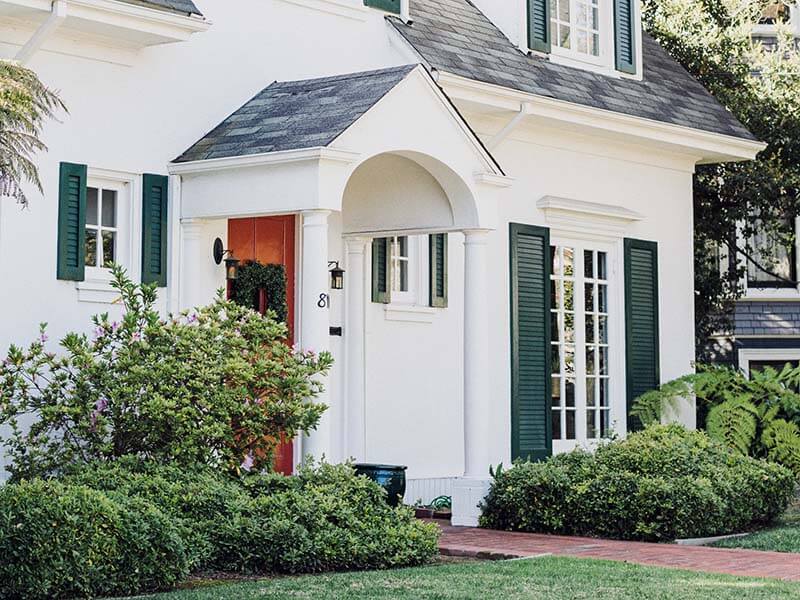
History
Blacks Landing in Belfast, Maine, has a history that intertwines with the broader narrative of the town’s maritime heritage. Here’s an overview:
Early History
- Settlement: Belfast, Maine, was settled in 1770 by Scots-Irish immigrants. Its coastal location made it a prime spot for shipbuilding, fishing, and trade.
- Maritime Activities: Throughout the 19th century, Belfast became known for its robust shipbuilding industry. Blacks Landing emerged as a key site within this maritime context, serving as a place where ships were constructed, launched, and repaired.
19th Century
- Industrial Growth: As Belfast’s economy grew, so did its population and infrastructure. Blacks Landing played a significant role in supporting the town’s shipbuilding and shipping industries.
- Community and Economy: The landing likely served both local fishermen and larger commercial enterprises, facilitating the transportation of goods and people.
20th Century and Beyond
- Changes in Industry: As the shipbuilding industry in Maine evolved and faced various economic challenges, places like Blacks Landing saw shifts in their usage. The decline of traditional shipbuilding led to changes in the local economy and the repurposing of waterfront areas.
- Modern Times: Today, Belfast has embraced its maritime heritage while also diversifying its economy. Blacks Landing, like other historic sites in Belfast, serves as a reminder of the town’s rich history and its connection to the sea.
Cultural and Historical Significance
- Preservation and Memory: Efforts to preserve and celebrate Belfast’s maritime history include maintaining sites like Blacks Landing. These places are important for understanding the town’s development and the lives of those who lived and worked there.
This overview touches on the general historical context of Blacks Landing in Belfast, Maine. Specific details and events related to Blacks Landing might be documented in local historical societies, archives, or maritime museums in the region. If you need more detailed information, you might consider reaching out to the Belfast Historical Society or the Penobscot Marine Museum.
